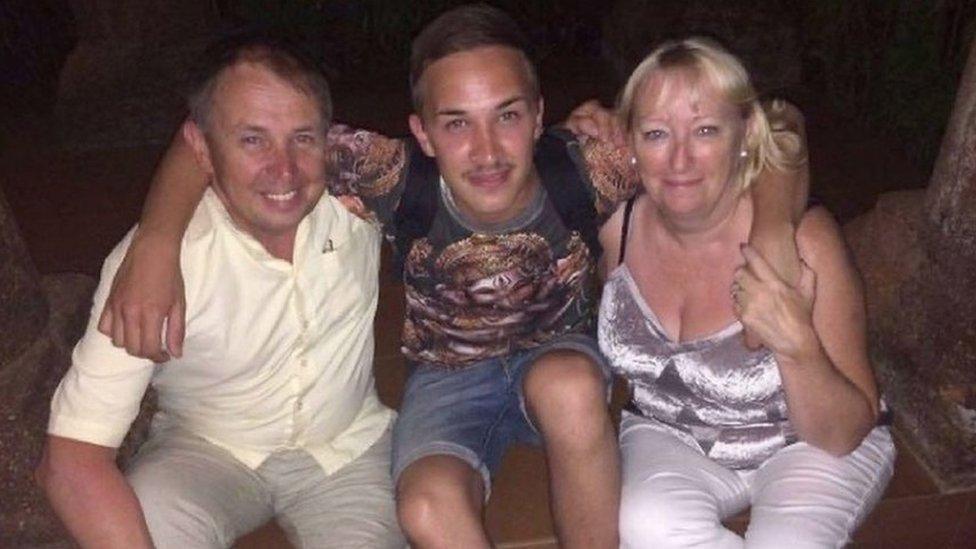Manchester Arena Inquiry: Any mistakes will not be covered up, families told
- Published
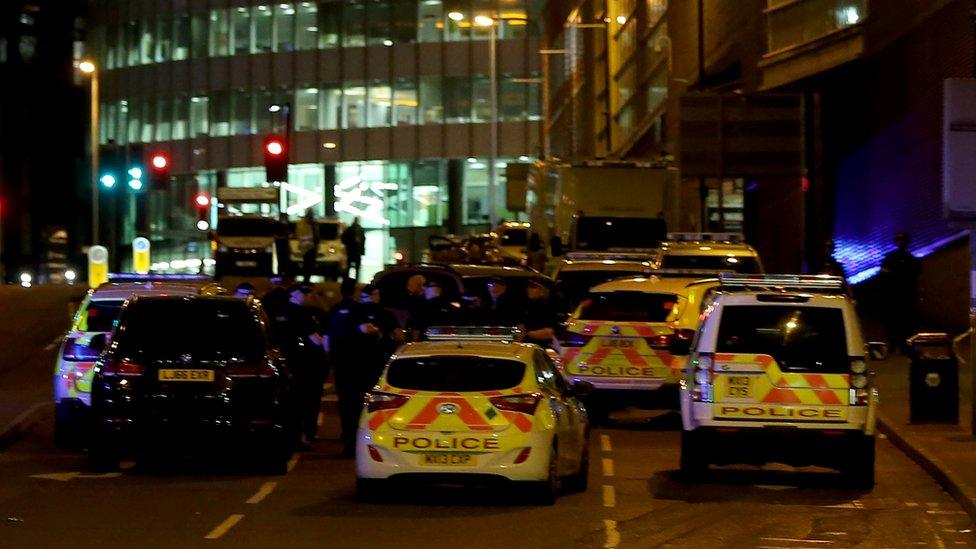
Some counter-terror officials will give evidence anonymously
The families of the Manchester Arena attack victims have been told that any mistakes by police or security services will not be kept secret.
A public inquiry, which started in September 2020, will shortly examine whether they could have prevented the 2017 bombing, which killed 22 people.
Some evidence will be heard in closed sessions after the inquiry chairman said they could compromise security.
Lawyers for the families have called for "maximum disclosure" when possible.
Security services were aware of suicide bomber Salman Abedi from 2014, three years before the attack at the end of a concert on 22 May 2017, which also injured hundreds of people.
He had also been made a "subject of interest" and visited terrorist Abdulraouf Abdallah in prison, where the two discussed "martyrdom" operations.
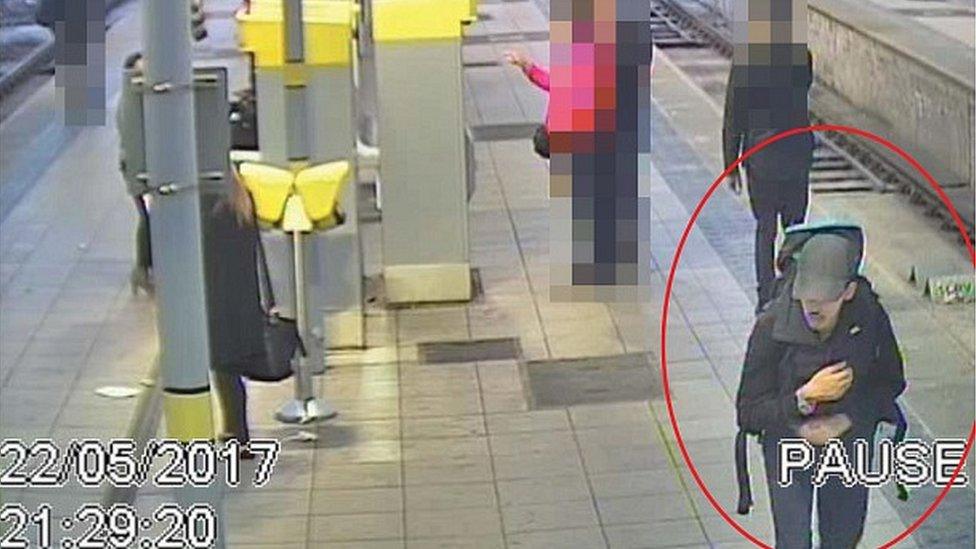
Salman Abedi was captured on CCTV footage travelling to the arena
Some evidence will be heard in private, including from counter-terror police officers, an MI5 official and a former MI5 officer - known as witness Z - who will give an expert opinion on the performance of the security services.
They will give evidence anonymously, with only limited, pre-vetted information made public afterwards.
Victims' families, their lawyers and the press will not be allowed to attend the sessions after inquiry chairman Sir John Saunders ruled their publication could reveal security services' methods or assist terrorists in conducting similar atrocities.
'Balance on both sides'
John Cooper QC, representing a number of families, said he did not disagree with the position of closed hearings but he called for national security to not be used as an excuse to restrict public knowledge of mistakes.
He said: "It is something some of us have seen in other spheres - in inquests relating to deaths in the military - that sometimes something that's called national security, we argue against redaction.
"We succeed and actually see the redaction, and it's nothing more than potentially simply an embarrassing piece of material."
Inquiry chairman Sir John responded that he was "even more determined" not to allow security services "to cover up mistakes in order to avoid embarrassment" after recent emotional testimonies regarding the last moments of victims' lives.
He added there was a "balance on both sides", saying: "I can well understand [families'] desire to know absolutely everything they can know, and any mistake that's been made.
"But I know that the last thing any of them would want is for anything to happen in this inquiry, which would… make it easier for something like this ever to happen again."
The inquiry was adjourned until Monday next week.

Why not follow BBC North West on Facebook, external, Twitter, external and Instagram, external? You can also send story ideas to northwest.newsonline@bbc.co.uk
Related topics
- Published30 September 2021
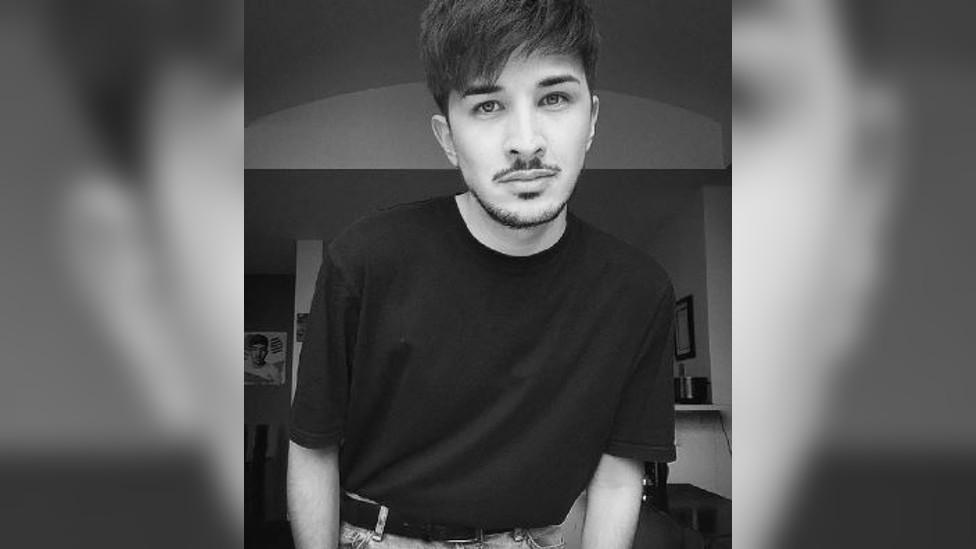
- Published29 September 2021
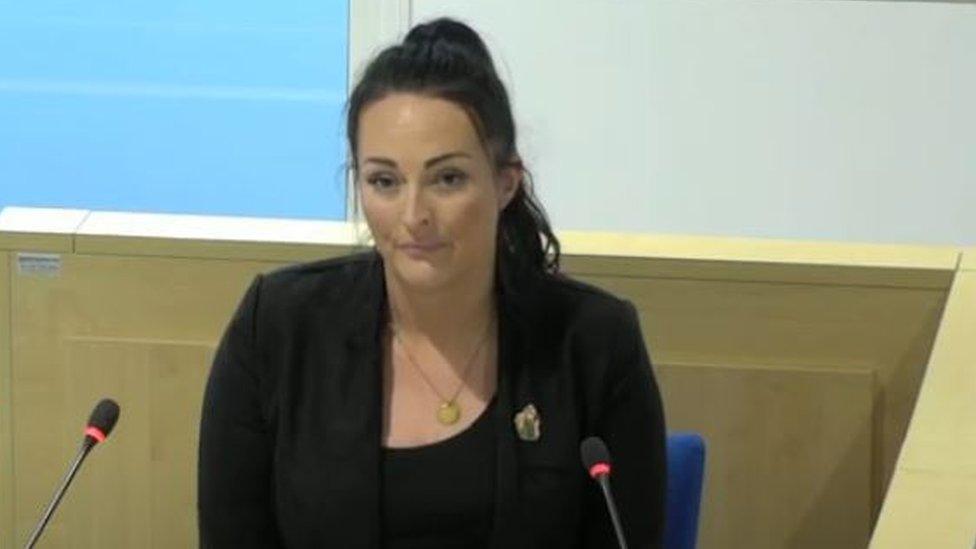
- Published28 September 2021
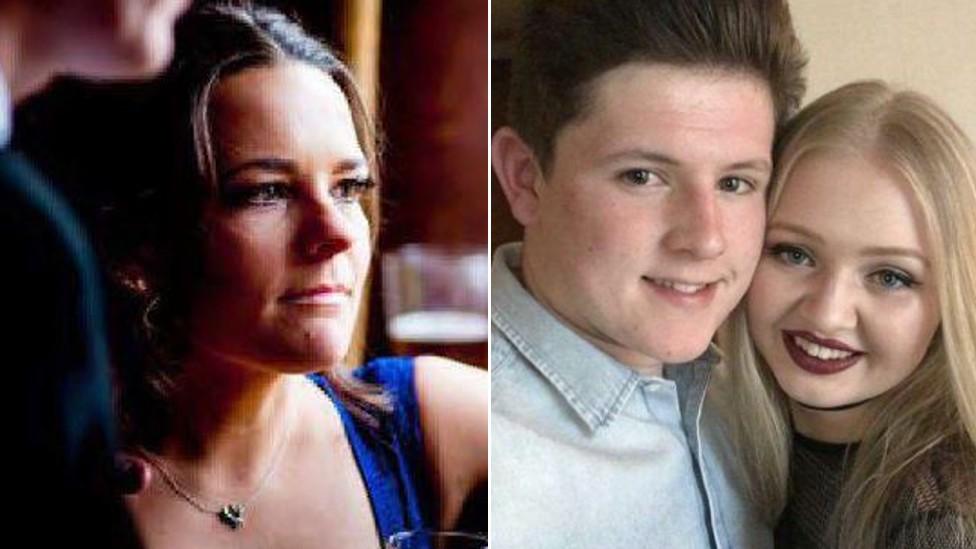
- Published27 September 2021
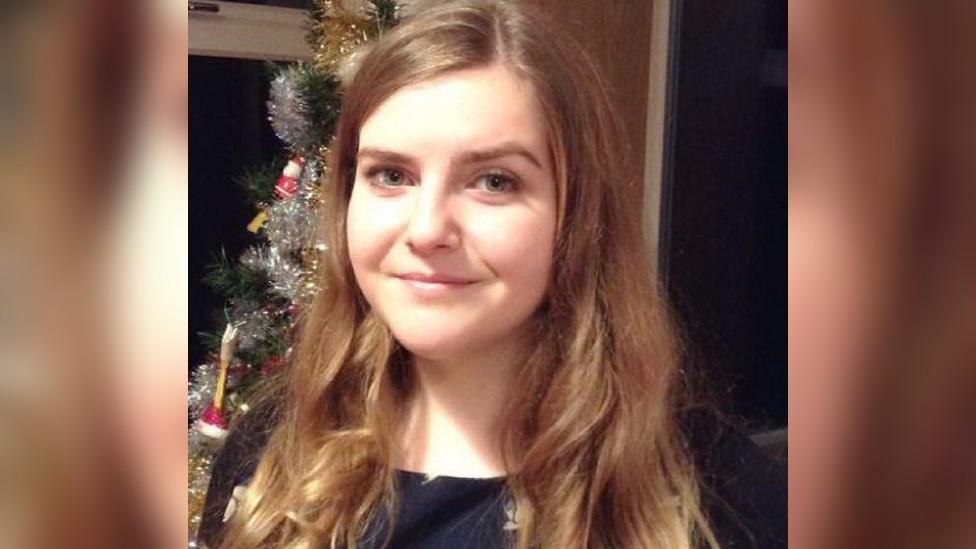
- Published27 September 2021
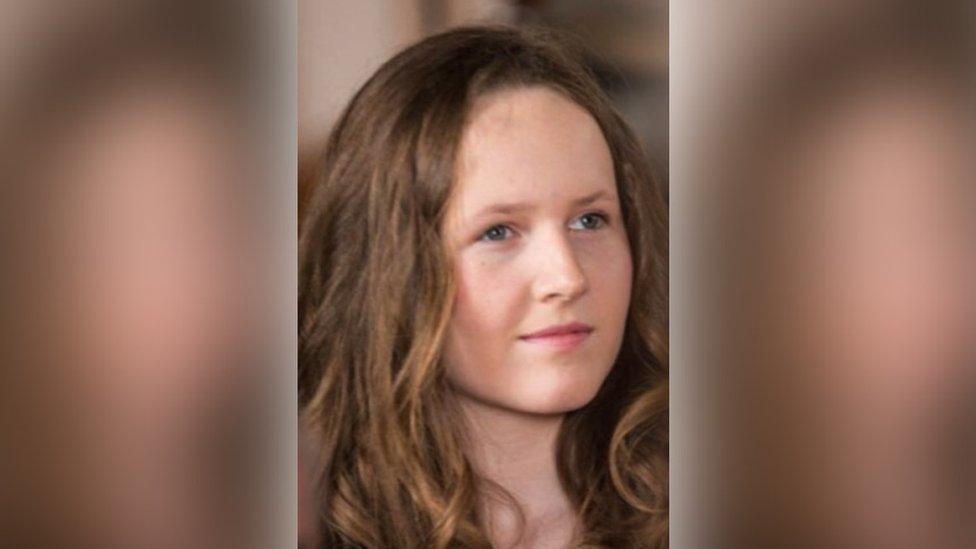
- Published23 September 2021
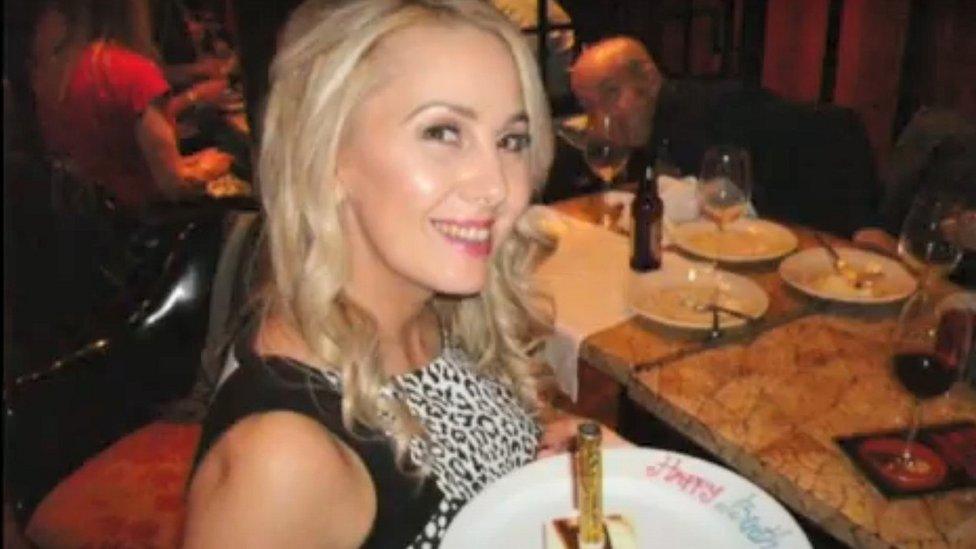
- Published22 September 2021
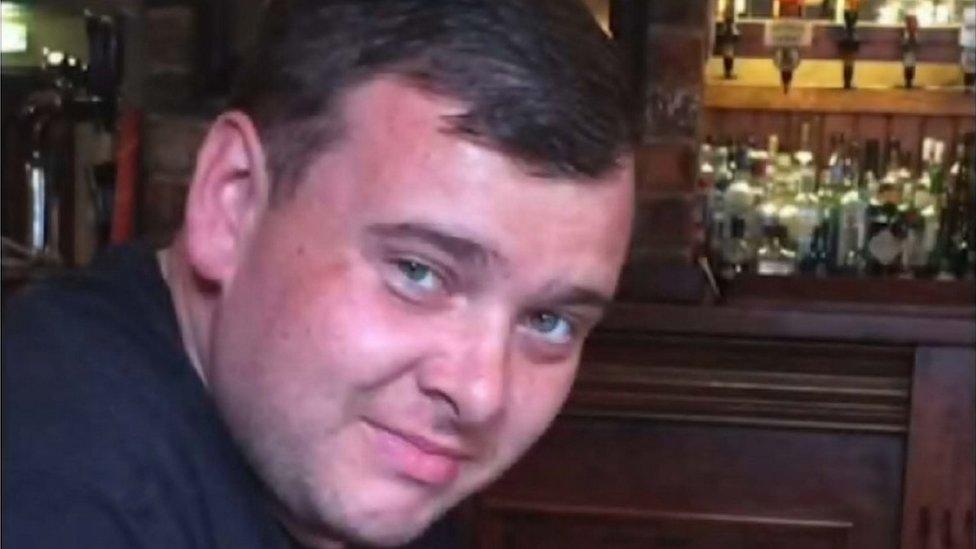
- Published22 September 2020
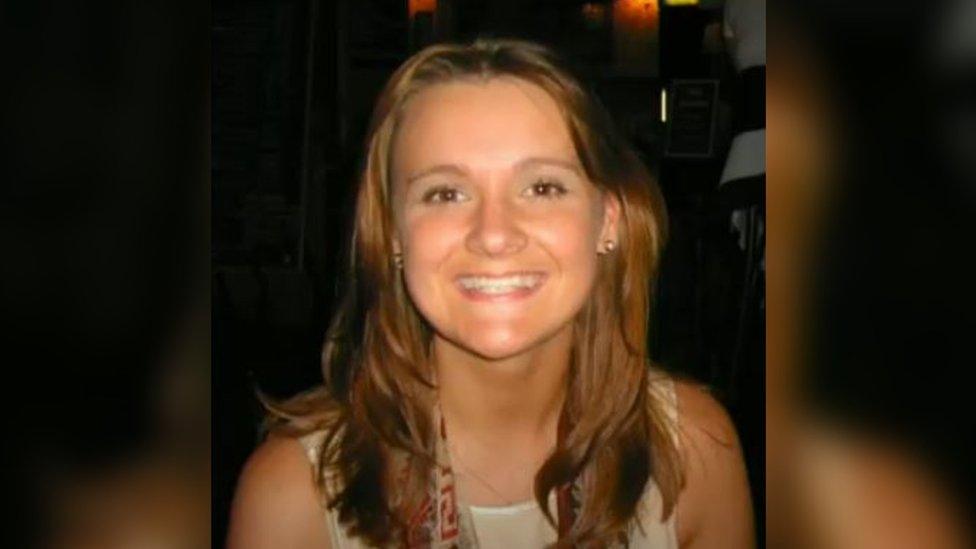
- Published21 September 2021
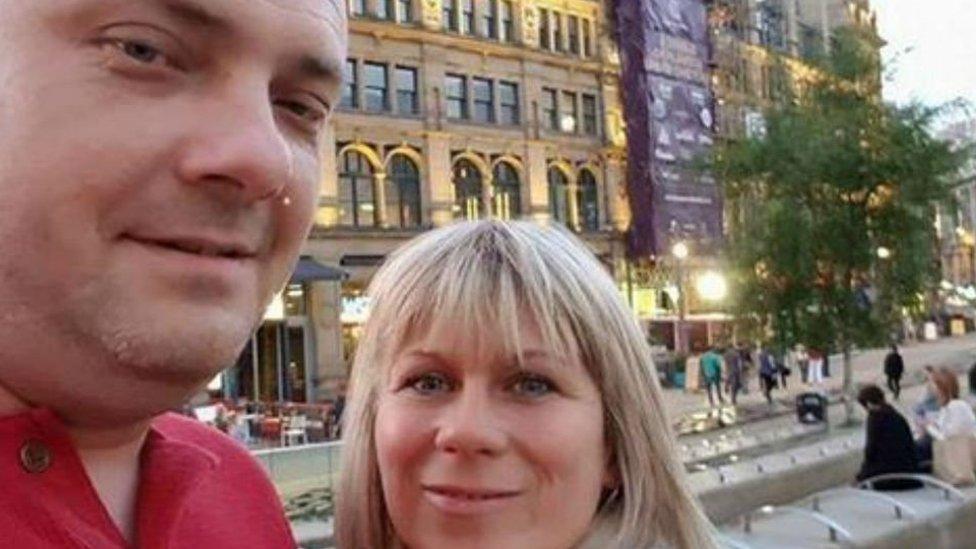
- Published15 September 2020
